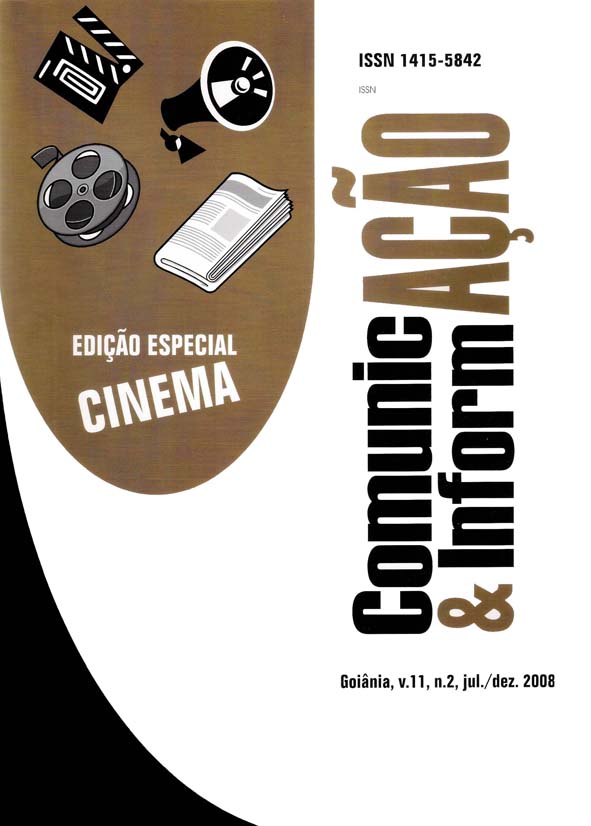What does Citizen Kane have to do with Queen Christina? The politics and economics of gender stereotypes in Hollywood's film industry
DOI:
https://doi.org/10.5216/c&i.v11i2.7491Keywords:
Cinema.Gender.Cultural Studies. Psychoanalysis. HistoryAbstract
Recent researches and data show, and confirm, the incredible growth of the film industry in the USA. The production, distribution, exhibition, box office revenues, video and DVD sales stir a global scale sum around 10 to 12 billion dollars, which grows annually. Despite all this industry's common places, clichés, ready made formulas or sequels, it is constantly trying to follow and fulfill new demands and what would be politically correct angles on matters like racism, sexism, gender, environment, multicultural or religious issues. Nonetheless, at the dawn of this 21st century, little has changed, in fact. Chiefly, in what touches gender troubles. Many are the critics who complain against female stereotypes which have been perpetuated and are used, and abused, repeatedly, within the United States mass media (motion picture and TV industry), and consequently in the Western world. However, film industry executives argue that established cultural politics and the economy dynamic of the industry, as a whole, make it impossible to avoid and prevent such stereotypes in their productions. Women around the globe still have to deal with the fact that most moviemakers are far more concerned about being called racists, for instance, than misogynists.
Downloads
Downloads
Published
How to Cite
Issue
Section
License
Os autores dos trabalhos publicados na revista Comunicação e Informação retêm os direitos autorais sem restrições e concedem à revista o direito de primeira publicação, com o trabalho simultâneo licenciado sob a Licença Creative Commons Atribuição-NãoComercial que permite o compartilhamento do trabalho para fins não comerciais com reconhecimento da autoria e o privilégio de publicação primeiramente por esta revista. Caso o texto venha a ser publicado posteriormente em outro veículo, solicita-se aos autores informar que o mesmo foi originalmente publicado como artigo na revista Perspectiva, bem como citar as referências bibliográficas completas dessa publicação.
Os direitos autorais dos artigos pertencem aos autores e o conteúdo dos artigos assinados é de responsabilidade exclusiva dos autores.
A revista se reserva o direito de efetuar, nos originais, alterações de ordem normativa, ortográfica e gramatical, com o intuito de manter o padrão culto da língua, respeitando, porém, o estilo dos autores.
A revista também se reserva o direito de traduzir o artigo, no todo ou em parte, para o inglês ou para o português, dependendo do idioma em que o artigo tenha sido escrito originalmente.



